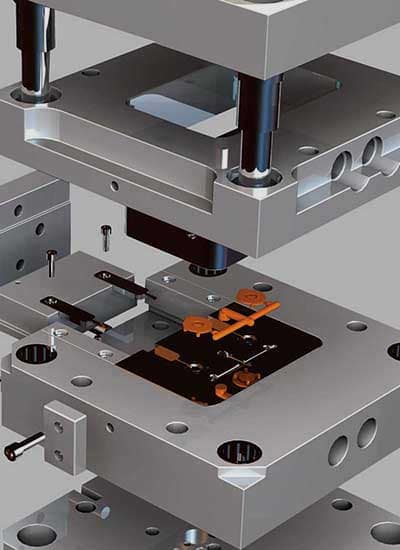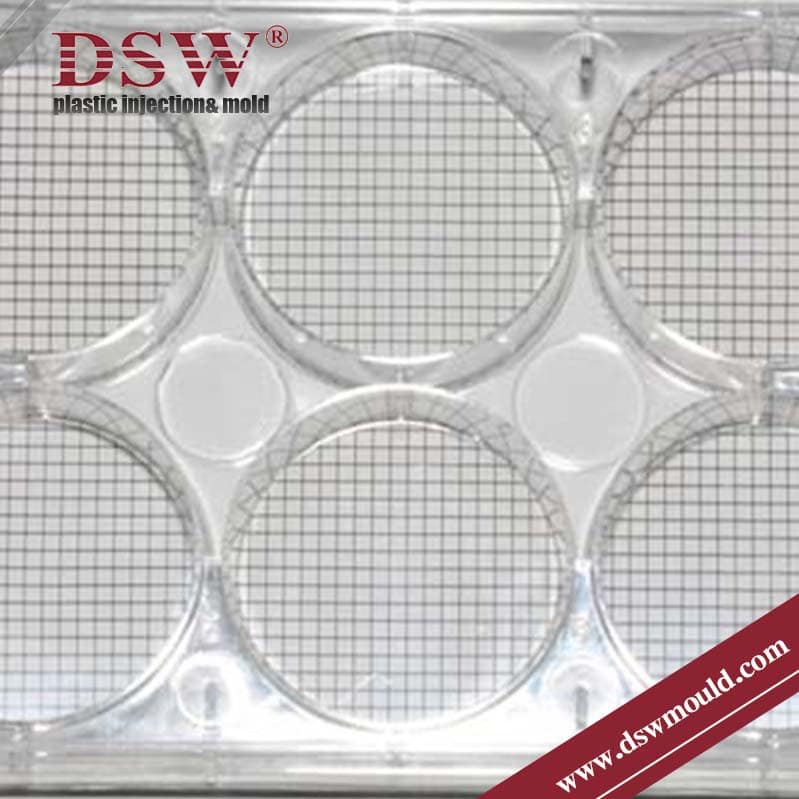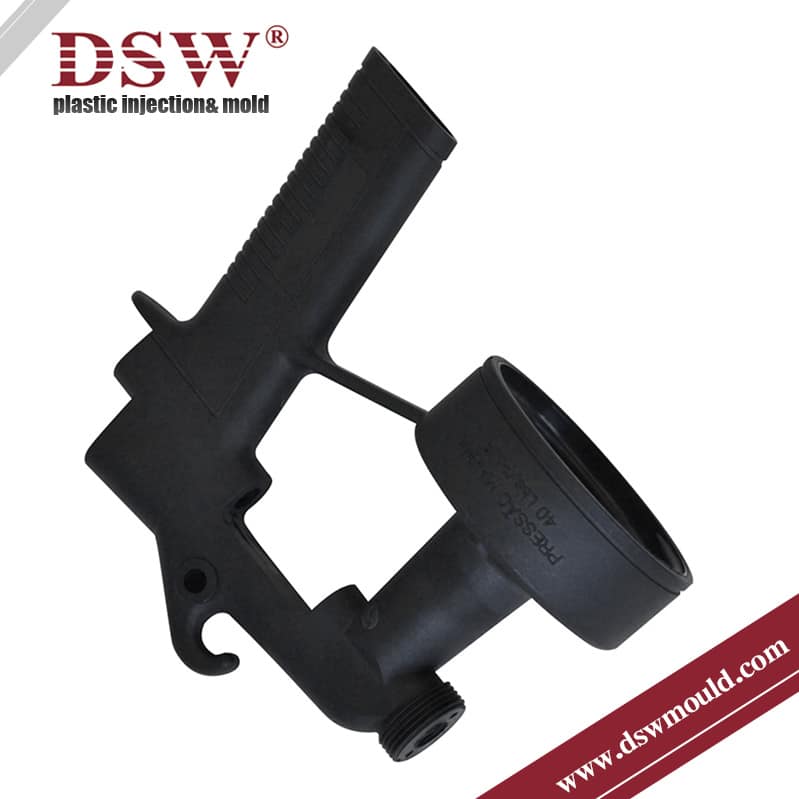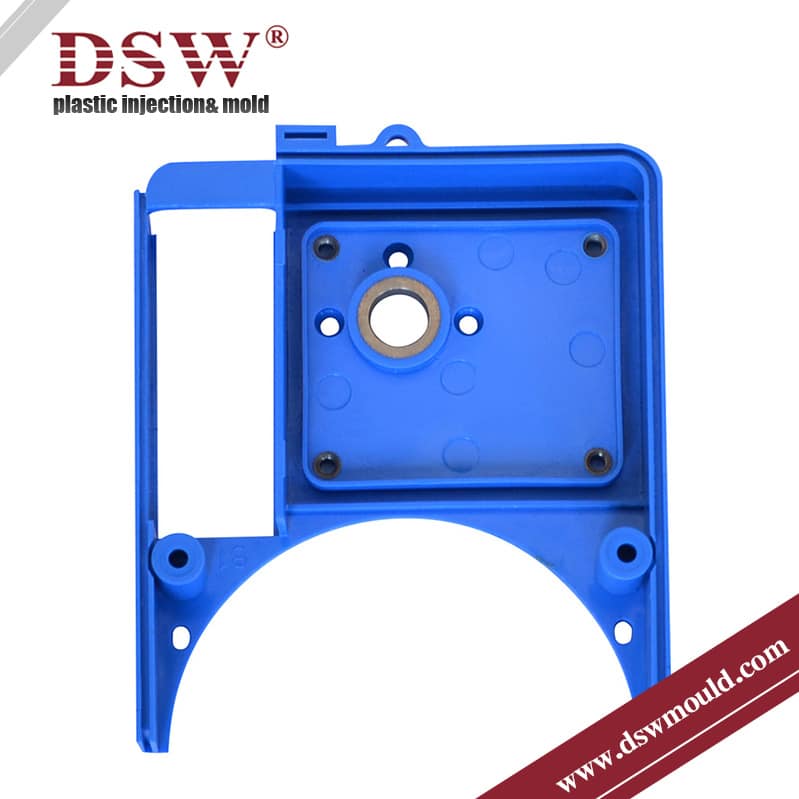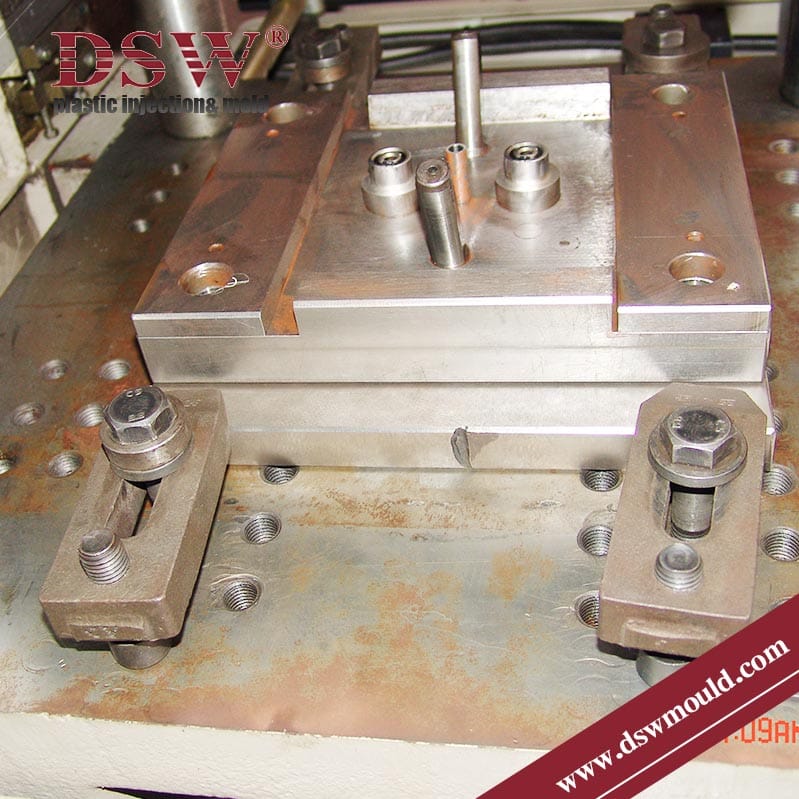Plastic Injection Molding
Plastic injection molding is a manufacturing method that produces high-volume plastic parts by injecting molten plastic material into a mould cavity.
Founded in 1998, DSW Industry focuses on plastic injection moulding as a full-service industry. They offer several services, including plastic injection moulding, mould making, prototyping, OEM services, startups, and secondary operations.
We manufacture automotive plastic, industrial machine parts, electronic buttons, electrical closures, boxes, high-tolerance brick toys, plugs, alarm parts, and other products.
They serve automotive, security, consumer goods, electronics, medical, and communications industries.
Due to its reliability and flexibility in design options, thermoplastic injection moulding is used in many industries, including packaging, consumer & electronics, automotive, medical, and many more.
The proficient members of our die and tooling department utilize their profound proficiency in custom plastic injection molding to ensure unparalleled precision in tooling outcomes.
With decades of combined experience, we guarantee precise and accurate tooling results. Moreover, we are dedicated to meeting not only your quality requirements but also those of your esteemed customers regarding plastic injection and prototyping applications.
SPECIFICATION OF PLASTIC MOULD
| Export to(Country) | USA, ITALY, FRANCE |
| Tool Description | Plastic Mould |
| Material Type | ABS |
| Cavitation | 1 |
| Weight of Plastic Product | 301g/pcs |
| Mould Design by | DSW |
| Mould Construction | Standard |
| Mould Base | LKM |
| Cav.Material | NAK 80 |
| Core Material | 2738 |
| Side Action | Mechanical Slide |
| Ejection | EJ pins |
| Mould Life | 500,000 |
| Moulded Part Inspection By | Moulder |
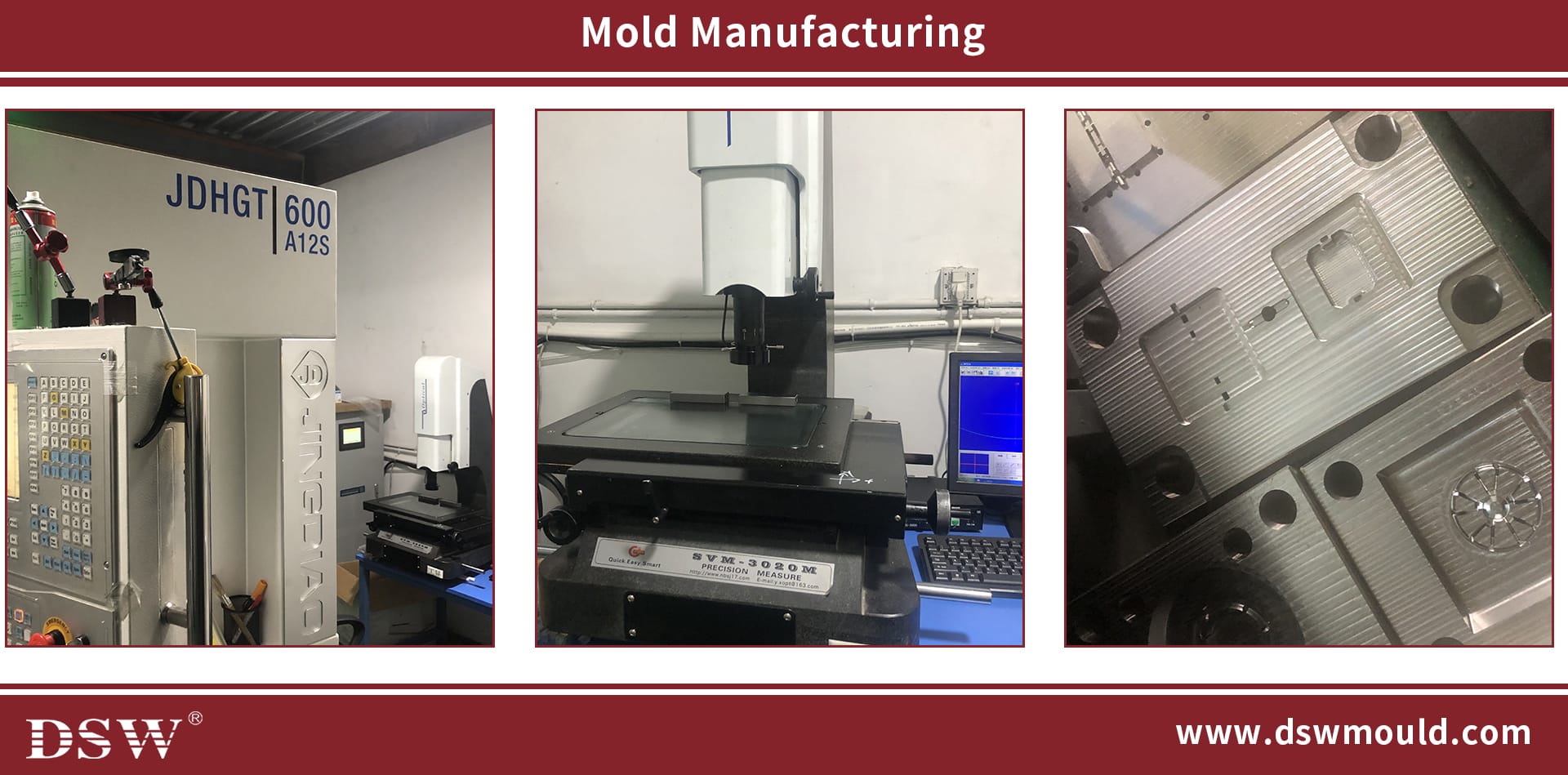
Applications Across Industries
Plastic injection molding’s adaptability makes it a go-to manufacturing method across various industries:
- Automotive: Durable plastic components for interiors, engine housings, and trim.
- Electronics: Precision parts for enclosures, buttons, and connectors.
- Medical: High-quality parts for disposable and non-disposable medical devices.
- Consumer Goods: Robust parts for items requiring high aesthetic and functional quality, such as household products and personal electronics.
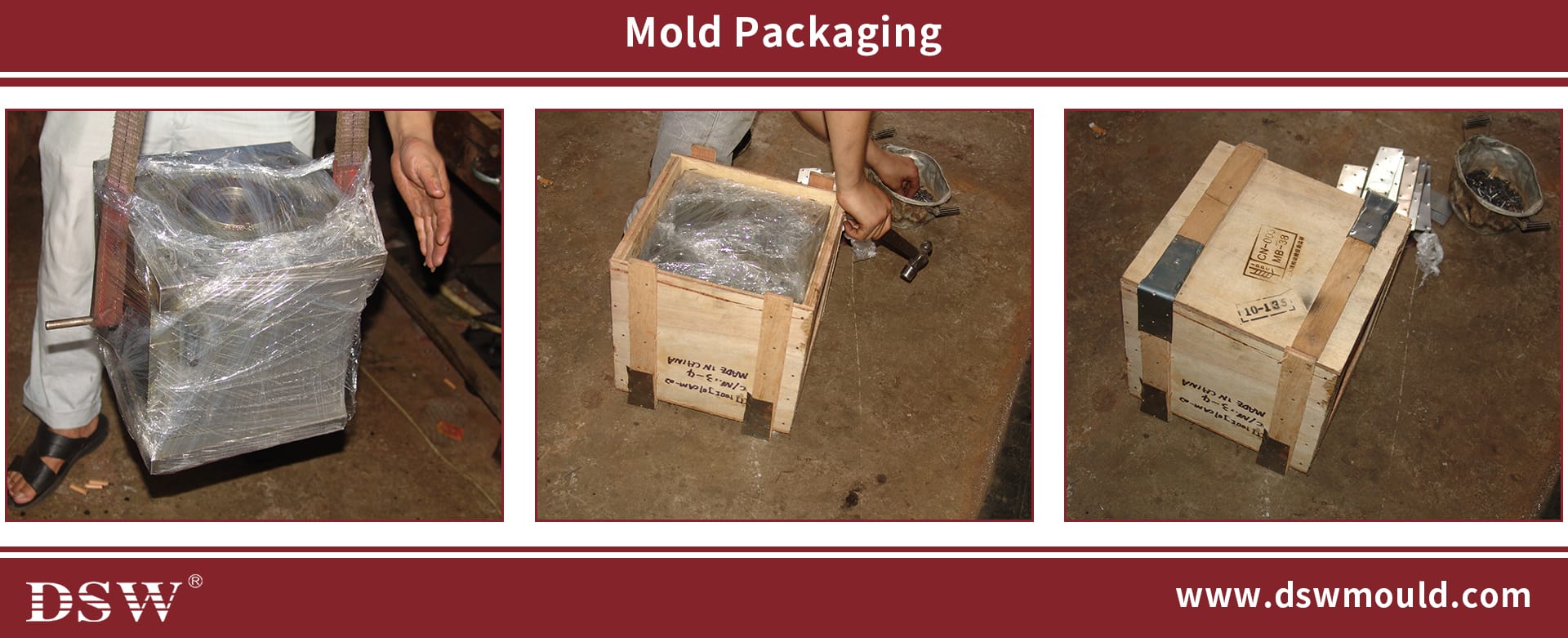
What are the most common types of plastic injection molding processes?
The traditional thermoplastic injection moulding process can be modified to include methods that help to enhance part quality and design flexibility.
Below are some examples:
Thermoset injection molding
Molding with thermoset materials requires heat or chemical means to cross-link polymer chains.
Overmolding
Overmolding is an injection molding process where one material is molded on top of another.
Gas-assisted injection molding
At the end of the injection phase of molding, inert gas is introduced at high pressure into the polymer melt.
Co-injection & Bi-injection molding
Injection of two different materials using either the same or different injection locations.
Microcellular injection molding
To trigger polymer foaming inside the mold, use a physical blowing agent, chemical blowing agent (CBA), or mold core-back process.
Powder injection molding (PIM)
Forming technique for producing small components using powders, typically ceramics (CIM) or metals (MIM), and binding agents
Quality Standards
International buyers prioritize quality and compliance with global standards, especially when sourcing from overseas.
Many manufacturers in injection moulding adhere to strict quality control processes and hold certifications like ISO 9001.
These standards help ensure that parts meet stringent specifications, such as HASCO, LKM, and DME standards and performance criteria, providing international clients with confidence in the product’s quality.



